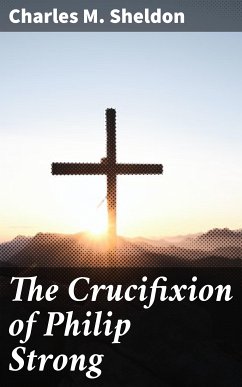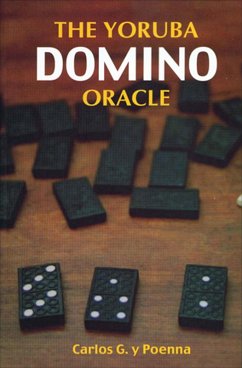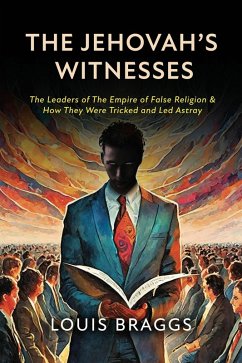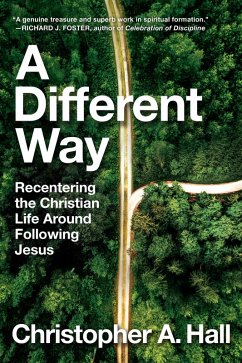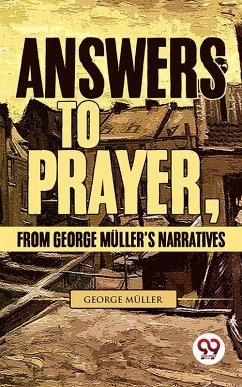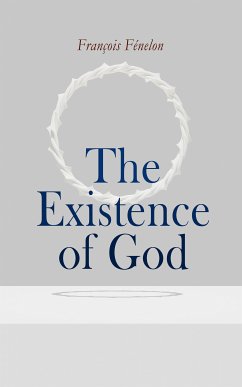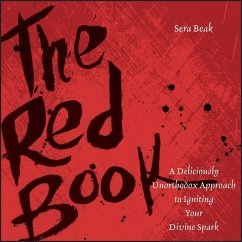
How to Become Like Christ (eBook, ePUB)
Versandkostenfrei!
Sofort per Download lieferbar
3,99 €
inkl. MwSt.
Weitere Ausgaben:

PAYBACK Punkte
2 °P sammeln!
In this though-provoking volume, Scottish theologian Marcus Dods addresses the question "e;What would Jesus do?"e; at great length and provides readers with advice and instructions to help them model their lives, actions, and choices after those that Jesus himself undertook. A refreshing read for any believer seeking a source of spiritual guidance and inspiration.
Dieser Download kann aus rechtlichen Gründen nur mit Rechnungsadresse in A, B, BG, CY, CZ, D, DK, EW, E, FIN, F, GR, HR, H, IRL, I, LT, L, LR, M, NL, PL, P, R, S, SLO, SK ausgeliefert werden.




